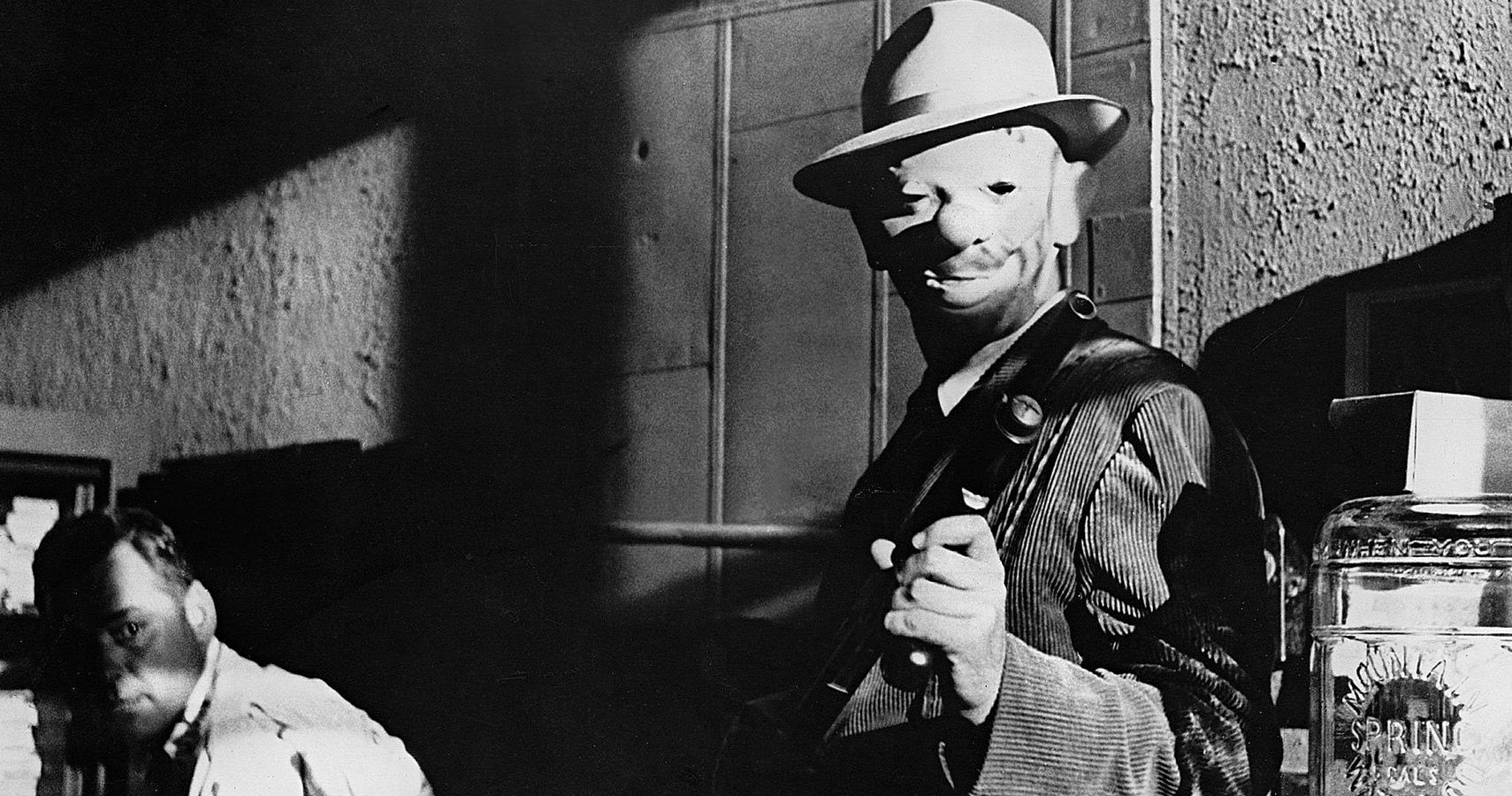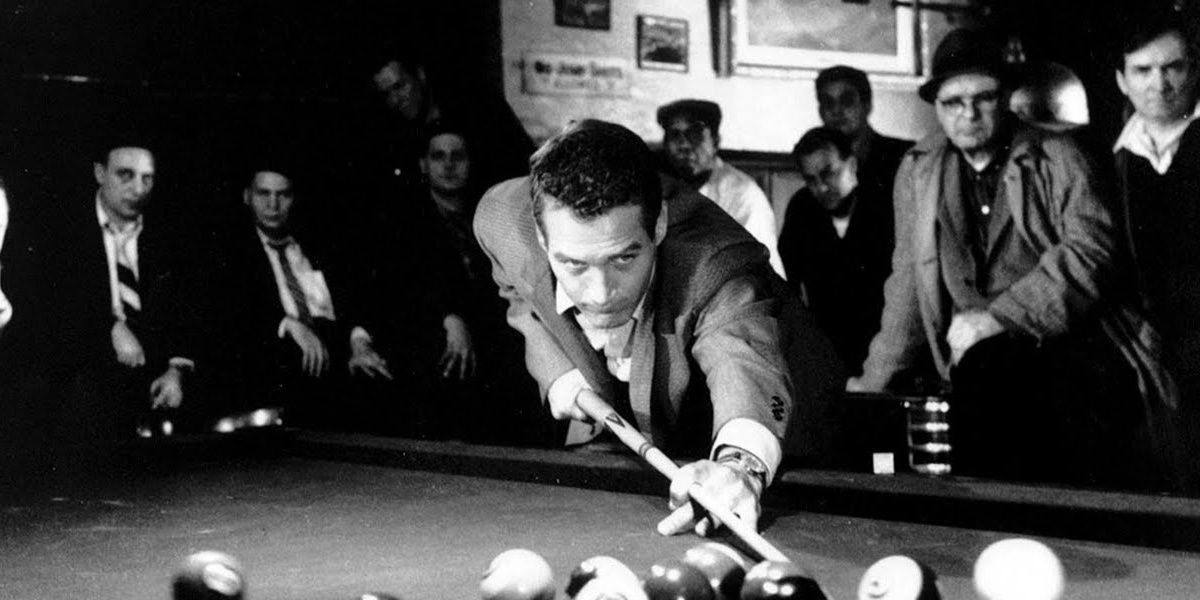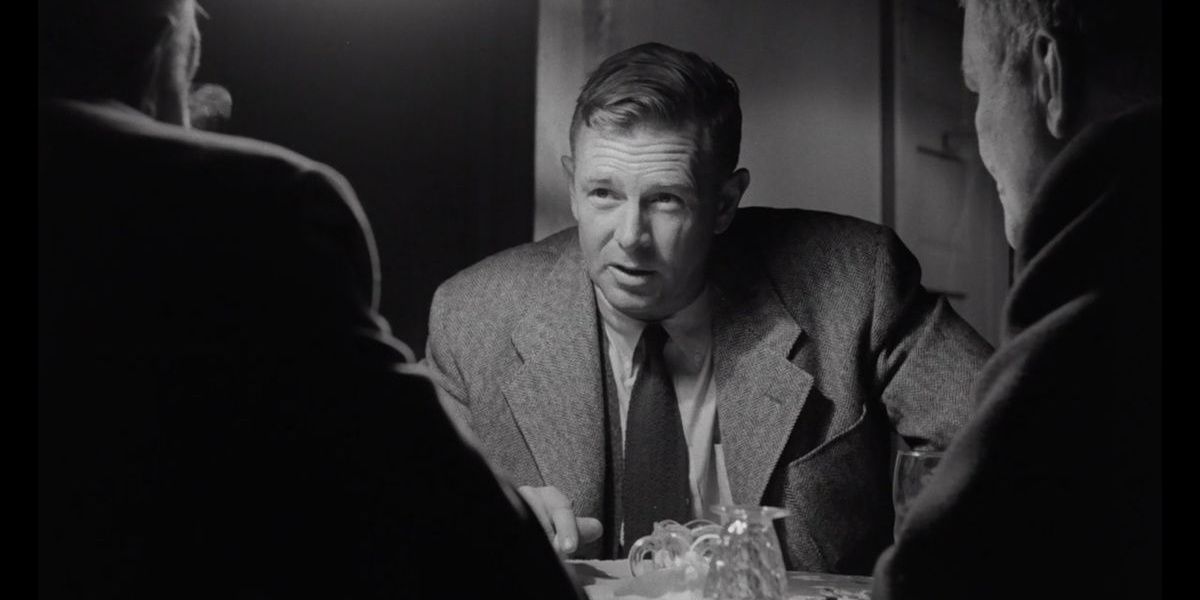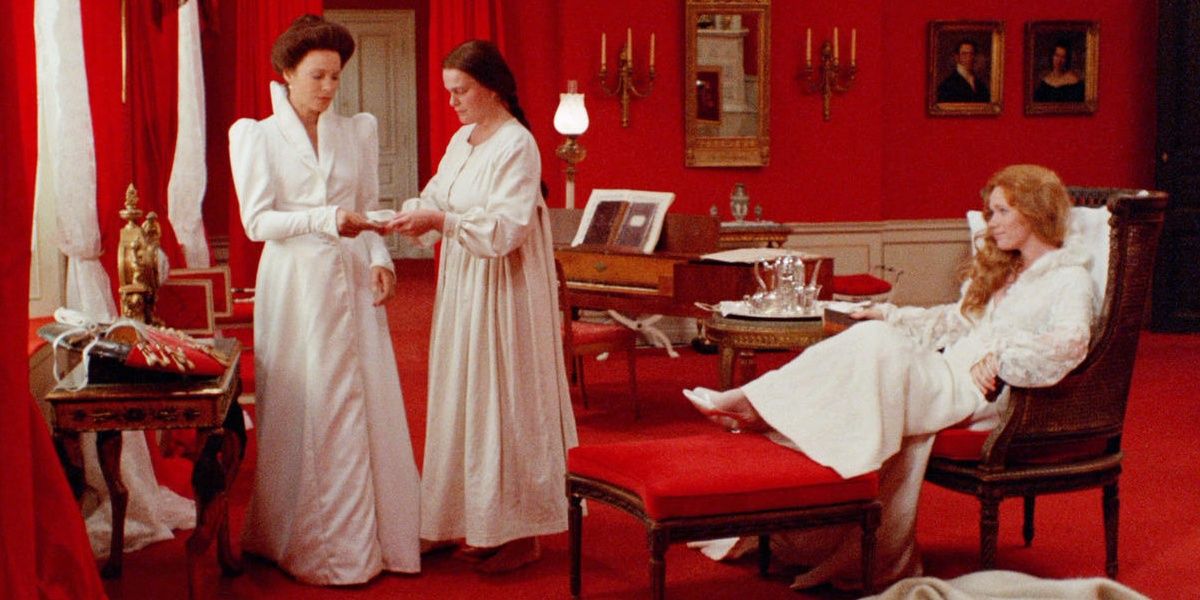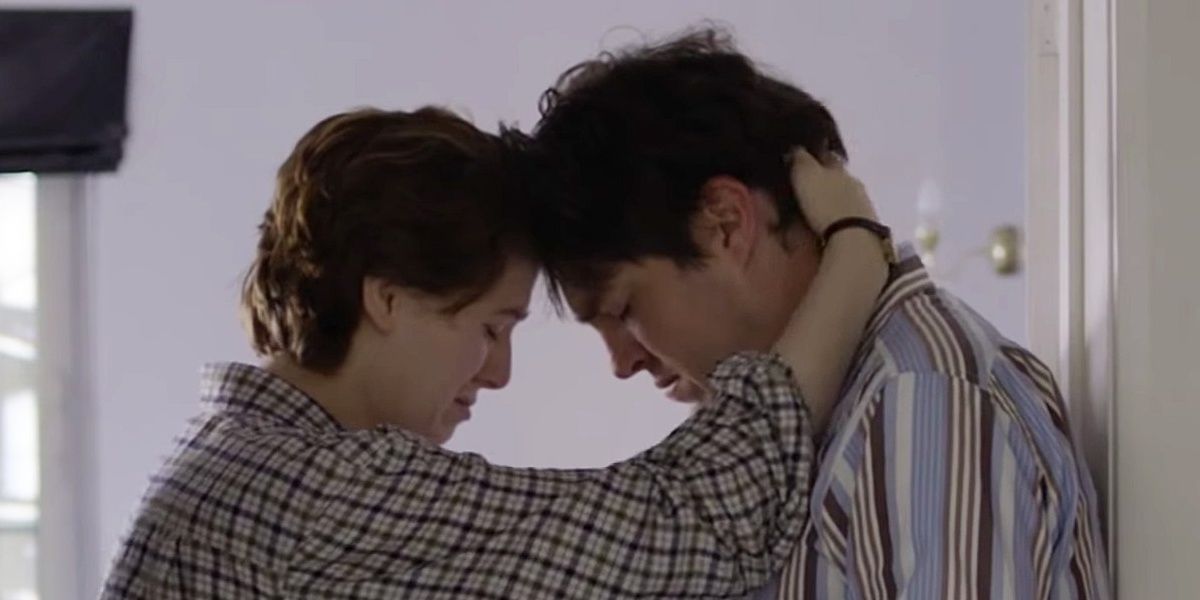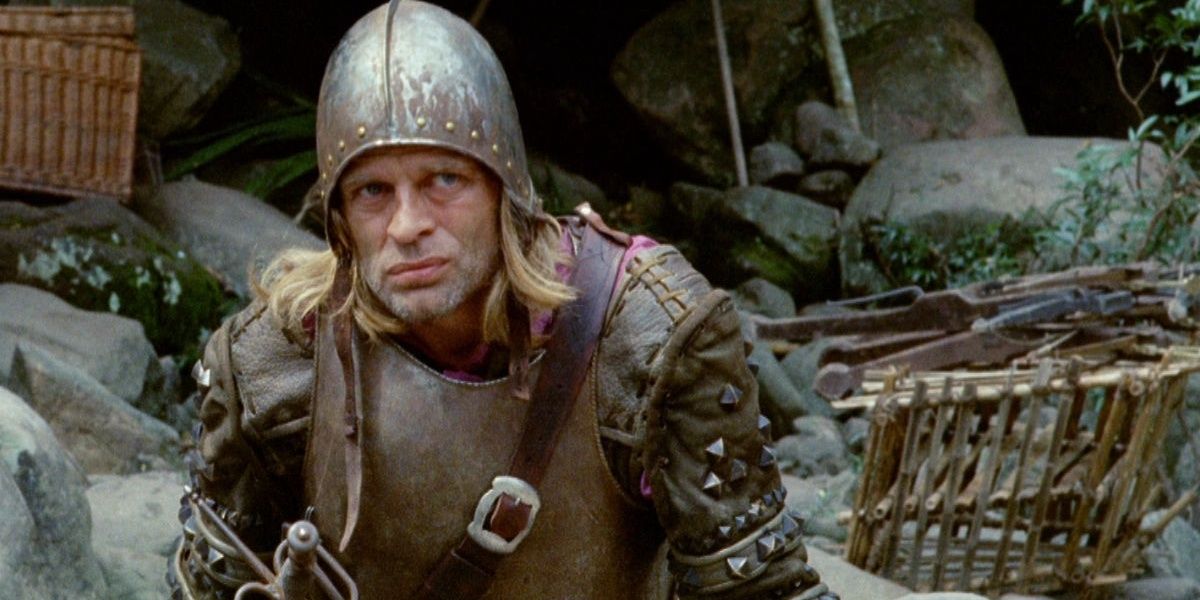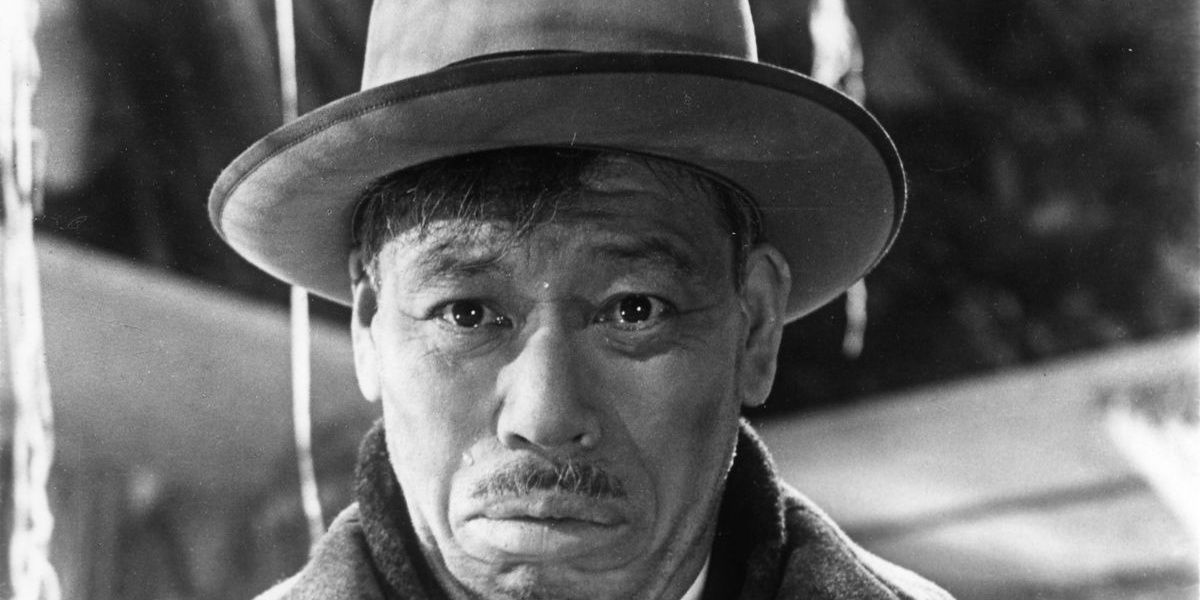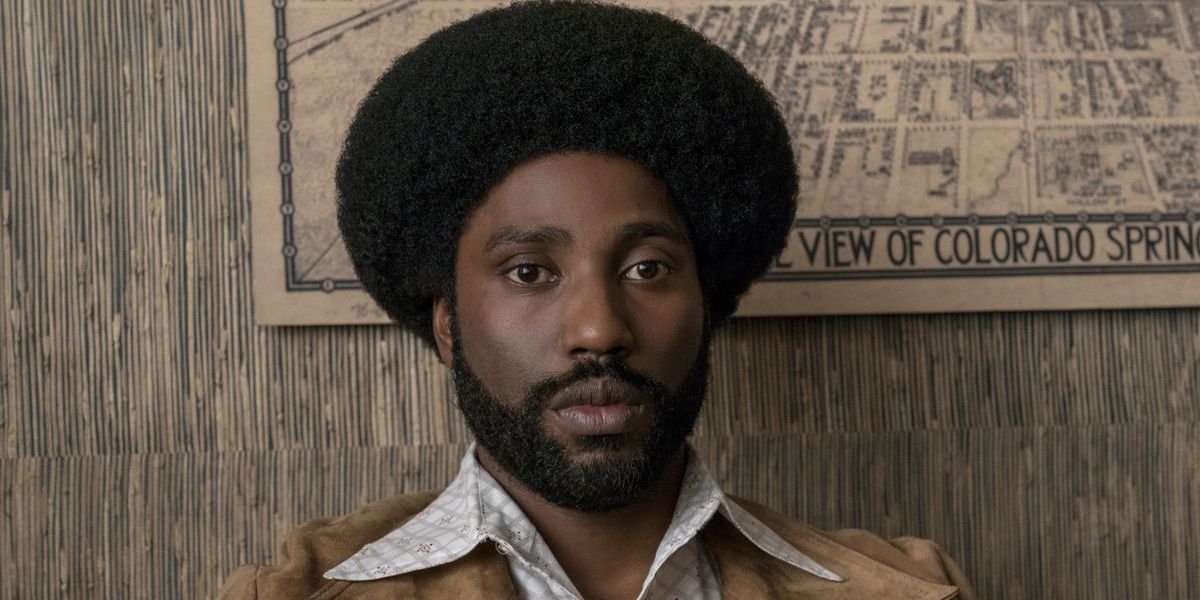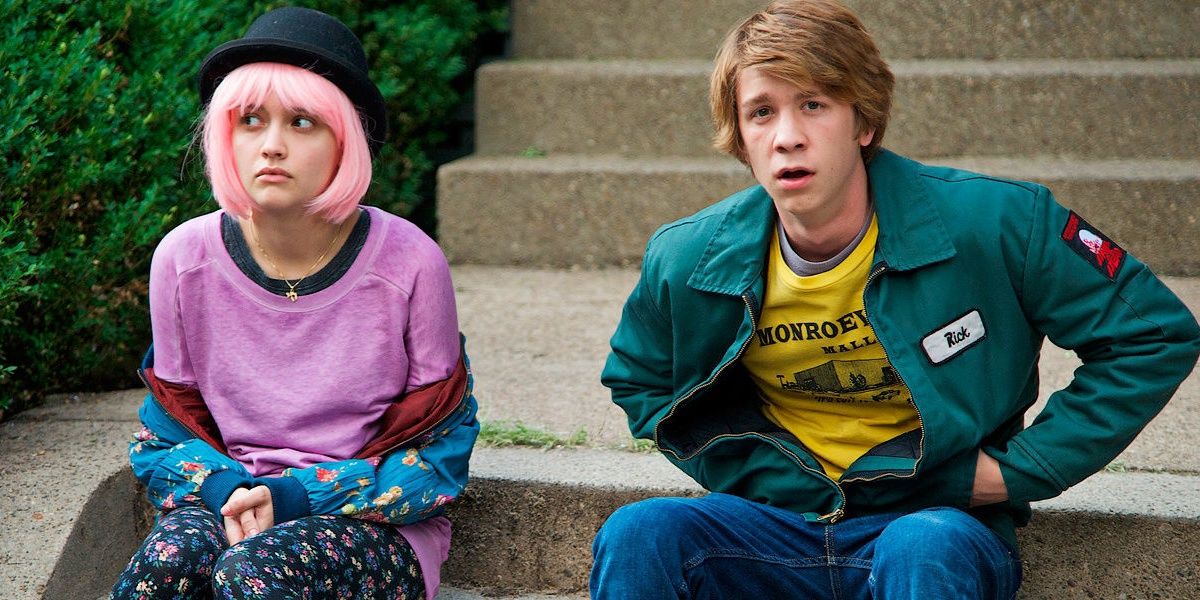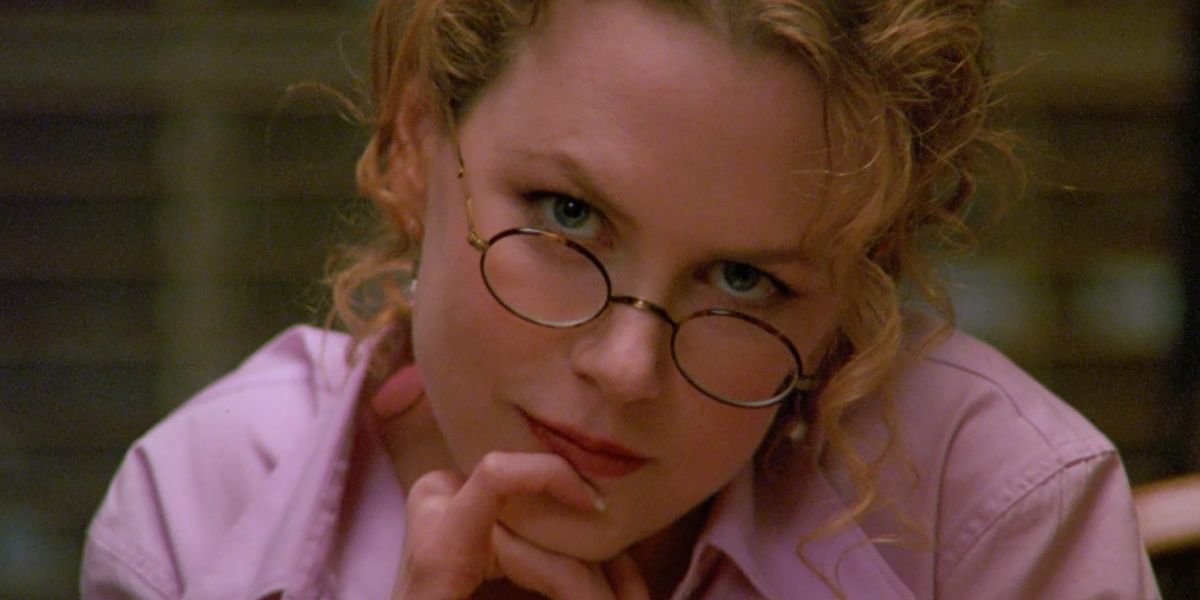Martin Scorsese is one of the most acclaimed filmmakers of all-time, directing classic films for the past five decades. His skills behind the camera are marvelous but even more impressive are his film tastes. Sam DiSalle compiled an extensive list of Scorsese’s favorite films on MUBI. This list is a masterclass in film history.
Now, with over a thousand films and dozens of genres, it can seem overwhelming. These are the films that should be on any film fan’s or aspiring filmmaker’s list of favorites. It’s the perfect starter pack for anyone looking to broaden their horizons.
The Hustler (1961)
This 1961 drama starring Paul Newman is an exciting and cool look at the life of a pool hustler. Funny enough, Scorsese would eventually direct a sequel 25 years later titled, The Color of Money. The Hustler is a tense drama that offers a snapshot of the time.
The film garnered a very positive reception, with Newman nominated for Best Actor at the 34th Academy Awards (the film itself was nominated for Best Picture). Newman would eventually win the role for playing the main character Eddie Felson in its sequel.
The Killing (1956)
Stanley Kubrick’s filmography is among the best in film history. No other director has made as much of an impact with so few films. Scorsese’s list features Kubrick’s entire filmography. Films like 2001 A Space Odyssey and The Shining broke new ground in their respective genres, though The Killing rarely gets talked about.
RELATED: The 10 Best Film-Noir Movies Of All-Time
An excellent noir tale about the planning of a horse-track heist, Kubrick’s direction elevates this among a lot of the noir stories of the time. At 28, he crafted an intricate crime tale that featured an excellent leading performance from Sterling Hayden.
Cries and Whispers (1972)
This drama directed by master filmmaker Ingmar Bergman is a period piece that is oozing with style and tension. Set in a lavish, 19th-century mansion, the film tells the story of three sisters, one of whom is sick with terminal cancer. A young servant is reeling from this as she was the closest to the dying sister, with the other siblings trying their hardest to deal with how distant they have become.
It’s not an easy watch but those who can stomach the pain felt by these characters are rewarded with a haunting portrayal of the female psyche.
The Souvenir (2019)
Joanna Hogg’s story of a toxic relationship is the newest film on this list but it might go down as one of the very best British films, ever. Detailing the events of a young film student who falls in love with an older man with a terrible secret is so compelling that Martin Scorsese had a hand in producing it.
It’s very light on plot, instead of acting as a portrait into this couple’s life. It’s a film about how taxing love can be while detailing the tolls it takes on a person's own passions and endeavors.
Aguirre, the Wrath of God (1972)
Werner Herzog is probably more well-known now as a supporting character on The Mandalorian but his filmmaking abilities are what put him on the map. One of the most influential faces of the New German Cinema period, his films are often about ambitious and larger than life figures that were fighting different elements in a harsh world.
Aguirre, the Wrath of God is the German filmmaker's most famous work, influencing the likes of Francis Ford Coppola on Apocalypse Now. It’s a harrowing tale of survival that nearly killed the cast and crew thought it makes for some of the most effective cinema.
Ikiru (1952)
The best cinema dives into the human condition, displaying complex emotions in various ways on screen. Filmmaker Akira Kurosawa examines the final moments of a dying man and uses it as a means to critique Japanese bureaucracy and declining family life.
Kurosawa pulled from Leo Tolstoy’s The Death of Ivan Ilyich to deliver this somber and poignant look at how honest a man can be at the end of his life. While not as sweeping or epic has his samurai films, it still offers plenty of the same mastery that many Kurosawa films bring.
BlacKkKlansman (2018)
Spike Lee’s latest offering is an intense whirlwind that flooded the screen with a force unlike any other. The very true story of Ron Stallworth shines in this explosive drama and despite being set in the 1970s, still feels relevant.
Lee’s direction and writing at his absolute best here and in many ways feel like his opus. It’s a film that pulls no punches and instead, shows its audiences just how far hate can travel and what it takes to stop it from manifesting.
8 1/2 (1963)
Calling Federico Fellini a legend is sincerely downplaying his impact. The Italian filmmaker has more classics than any directors, blending realism with this sense of wonder that is hard to balance. 81/2 is a semi-biographical look into a director’s struggle for creativity.
It’s a surreal film, full of beautiful filming techniques that allows one of Italy's best filmmakers a chance to flex some serious directing muscles. It’s one of the prime examples of the power of European cinema and an essential film for any aspiring director and anyone looking to expand their collection.
Me and Earl and the Dying Girl (2015)
One of the greatest indie films of the last 20 years is this wonderful gem by director Alfonso Gomez-Rejon. Detailing a young filmmaker’s frailed social life, he and his friend meet another high-schooler who was recently diagnosed with cancer.
It’s this beautifully shot film that celebrates film and filmmakers like Werner Herzog, François Truffaut and of course, Martin Scorses. Me and Earl and the Dying Girl also celebrate how important films are to certain people. What some see as mindless entertainment others use as an escape from the pressures of everyday life. It captures the essence of cinema, an art form that transcends race, gender, and even sickness.
Eyes Wide Shut (1999)
Once again Stanley Kubrick makes an appearance on this list. While his other films might be more acclaimed and loved by films, Eyes Wide Shut is a technical masterpiece from one of the greatest filmmakers to have ever lived. This psychosexual mystery film was Kubrick’s last film, as he had died before delivering the final cut.
Starring Tom Cruise and Nicole Kidman, Eyes Wide Shut is a genre through infidelity, secret cults, conspiracies and so much more stuff that should not even be tried to be explained in 100 words. It’s a perfect swan song, one that leaves audiences hanging on every word, shot and piece of music. It’s an awe-inspiring gift left by one of the greatest artists to have ever lived.

